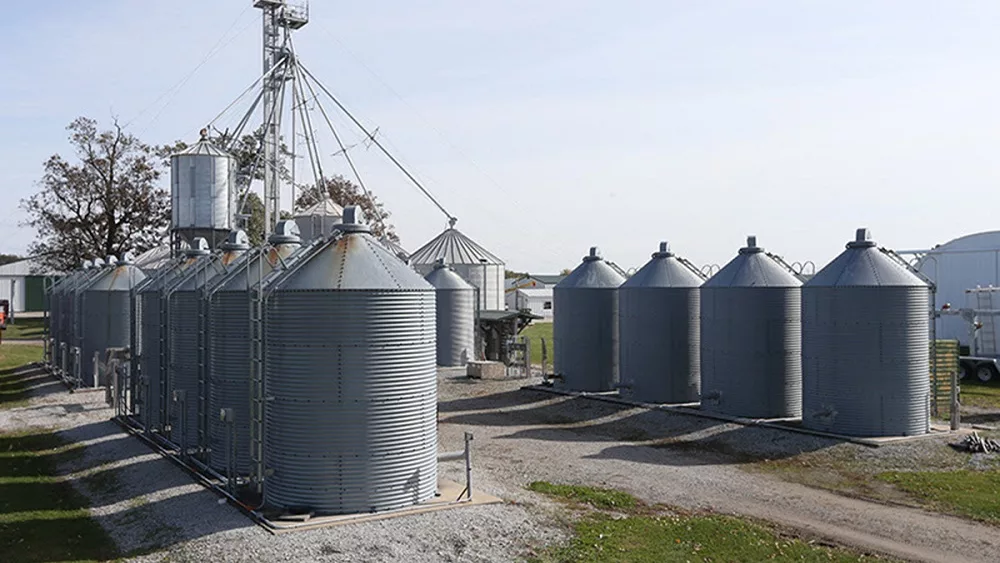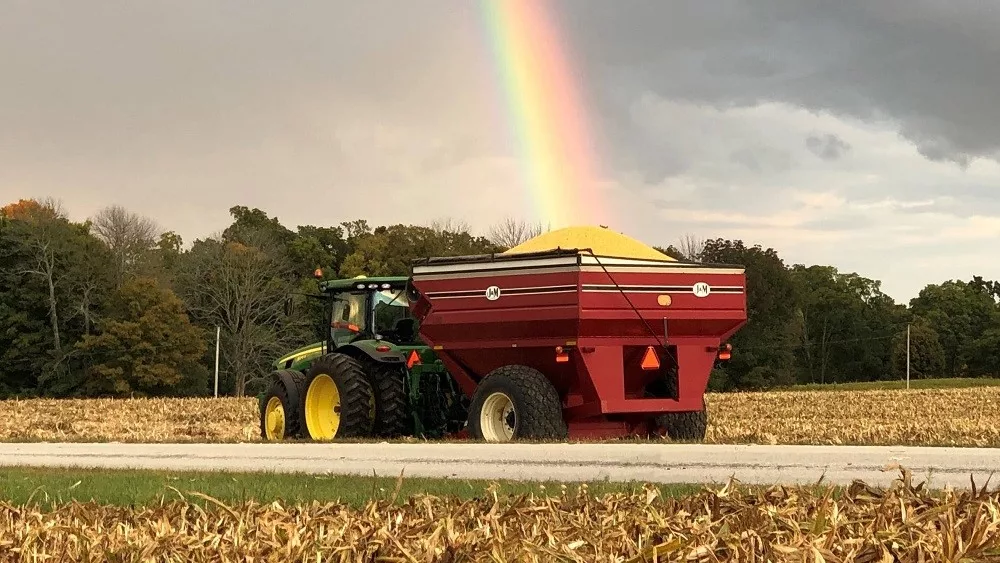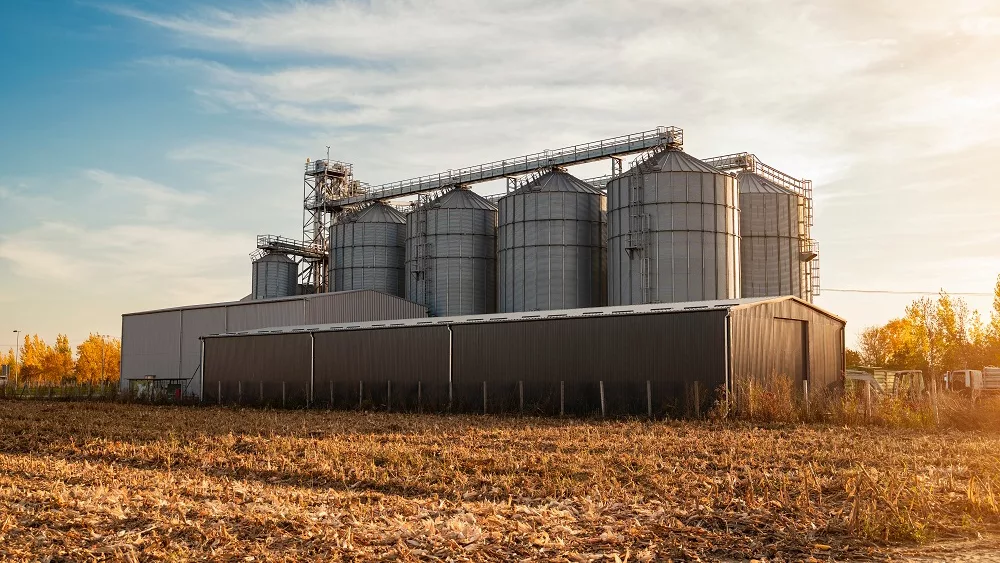 Agriculture Secretary Tom Vilsack today announced that 115 high-impact projects across all 50 states and the Commonwealth of Puerto Rico will receive more than $370 million in Federal funding as part of the new USDA Regional Conservation Partnership Program (RCPP). In addition, these projects will leverage an estimated $400 million more in partner contributions — for a total of nearly $800 million — to improve the nation’s water quality, support wildlife habitat and enhance the environment. Vilsack made the announcement near Phoenix, where the new program will invest in a project with five local partners to clean and conserve water along the Verde River, a tributary of the Colorado River. “This is an entirely new approach to conservation efforts,” said Vilsack. “These partnerships empower communities to set priorities and lead the way on conservation efforts important for their region. They also encourage private sector investment so we can make an impact that’s well beyond what the Federal government could accomplish on its own. We’re giving private companies, local communities, and other non-government partners a way to invest in a new era in conservation that ultimately benefits us all. These efforts keep our land resilient and water clean, and promote economic growth in agriculture, construction, tourism, outdoor recreation, and other industries.”
Agriculture Secretary Tom Vilsack today announced that 115 high-impact projects across all 50 states and the Commonwealth of Puerto Rico will receive more than $370 million in Federal funding as part of the new USDA Regional Conservation Partnership Program (RCPP). In addition, these projects will leverage an estimated $400 million more in partner contributions — for a total of nearly $800 million — to improve the nation’s water quality, support wildlife habitat and enhance the environment. Vilsack made the announcement near Phoenix, where the new program will invest in a project with five local partners to clean and conserve water along the Verde River, a tributary of the Colorado River. “This is an entirely new approach to conservation efforts,” said Vilsack. “These partnerships empower communities to set priorities and lead the way on conservation efforts important for their region. They also encourage private sector investment so we can make an impact that’s well beyond what the Federal government could accomplish on its own. We’re giving private companies, local communities, and other non-government partners a way to invest in a new era in conservation that ultimately benefits us all. These efforts keep our land resilient and water clean, and promote economic growth in agriculture, construction, tourism, outdoor recreation, and other industries.”
Indiana Senator Joe Donnelly announced that Indiana will be participating in four conservation projects aimed at improving water quality through funding from the newly-created RCPP. Donnelly sent letters of support for the state’s applications for funding for three of these projects. Donnelly said, “Hoosier farmers and producers have long been leaders in preserving the quality of our lands and waters, and I am proud to do all I can to support them in that effort through my work on the Senate Agriculture Committee. The 2014 Farm Bill was a good step forward in making sure our landowners have the tools they need to keep our waters clean, and the projects funded by the RCPP are a welcome addition. I look forward to seeing the impact these projects, and everything our landowners are already doing to preserve our natural resources, have on our lakes and rivers.”
According to Indiana NRCS, this year’s projects in Indiana will accomplish a diversity of agricultural and natural resource goals, from defining the environmental and economic impacts of conservation practices to helping to protect important waterways like Lake Erie and the St. Joseph river. “RCPP puts our partners in the driver’s seat,” said Jane Hardisty, USDA’S Natural Resources Conservation Service state conservationist in Indiana. “Projects are led locally and demonstrate the value of strong public-private partnerships that deliver solutions to tough natural resource challenges.”
Of the 115 projects announced today, the three that impact Indiana include:
• The University of Notre Dame: The project will assist with adoption of cover crops and two-stage ditches in targeted watersheds. Soil and water quality and quantity benefits will be quantified and monitored at the watershed scale. The effect of these practices on water and soil quality and the economic impacts for both public and private interests will be documented. In addition, modeling efforts will make broader conclusions at the regional scale.
• The Tri-State Western Lake Erie Basin Phosphorus Reduction Initiative: A diverse team of partners will identify high-priority sub-watersheds for phosphorus reduction and increase farmer access to public and private technical assistance in Michigan, Ohio, and Indiana. The project will coordinate with the Ohio Phosphorus Task Force Report and move Lake Erie toward goals in the Great Lakes Water Quality Agreement. The partners will gauge success and monitor results using water quality monitoring and watershed modeling.
• The Michigan/Indiana St. Joseph River Conservation Partnership: The partnership will optimize groundwater use, improve infiltration, and reduce nutrients and sediment while also improving wildlife and fisheries habitat, using innovative methods to target high-priority areas and appropriate conservation practices. Monitoring will be used to adaptively manage this project from the field-scale to the entire watershed.
More than 600 pre-proposals were submitted for RCPP in 2014. Of those, more than 200 were invited to submit full proposals.
“With so many strong project proposals, the project selection process was extremely competitive. RCPP is a 5-year $1.2 billion USDA commitment; projects not selected in this first year may be eligible in subsequent years,” Hardisty said.




